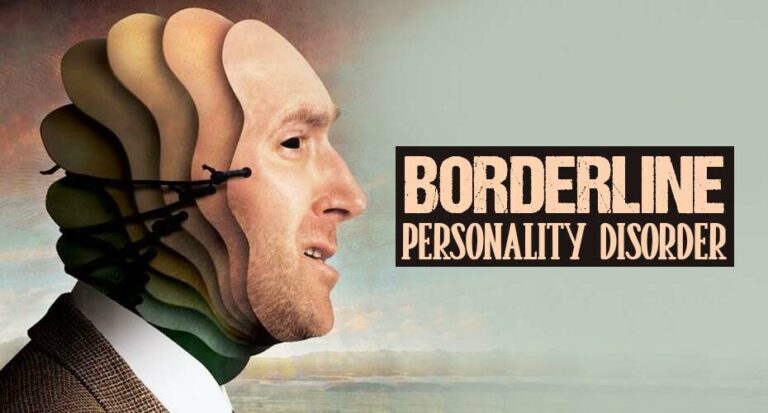
Borderline personality disorder (BPD) is a mental health condition that strongly affects our ability to control our emotions, distorting how we see ourselves and others. BPD can cause impulsive behavior patterns, emotion regulation issues, poor self-image, mood swings, etc.
It can also impair daily functioning and lead to unstable social and personal relationships. Surveys 1 estimate that BPD affects 1.6% of the world population and has a lifetime prevalence of about 6%. People suffering from BPD often have issues with their identity and experience feelings of emptiness, thereby resorting to desperate attention-seeking behavior and dependence on others. They become impulsive and reckless, consequently going into a spiral of self-destructive behavior. Such behavior often includes self-harm and harming others around them.
Frequently, people suffering from BPD experience mood swings and violent urges that come from hypersensitivity to rejection, among other things. As a result, they unconsciously or unintentionally act out against loved ones—a phenomenon called splitting—without any sense of guilt or remorse.
